Agenda
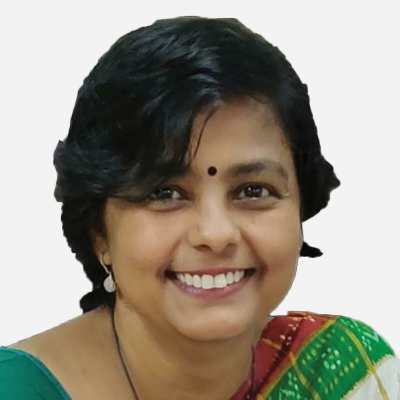
Anamika Das
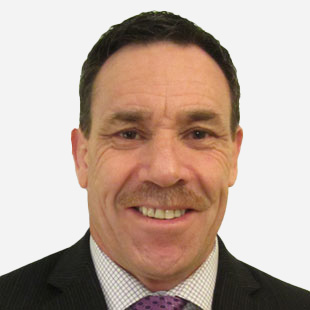
Greg Scott
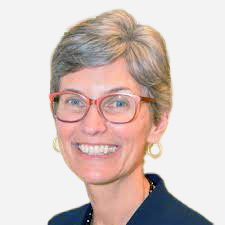
Deirdre Dalpiaz Bishop
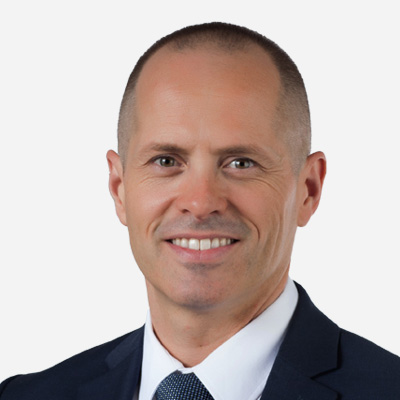
Miguel Amor

Mark Cygan

Nick Land

Sam Wolf

Nils Oesterling

Albert H. Anoubon Momo

Brig Gen Md Habibul Huq, psc
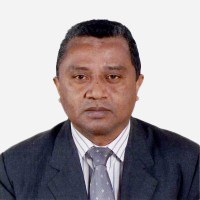
Jean-Desire Rajaonarison
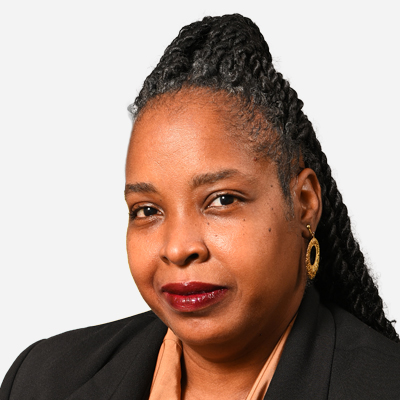
Simone M. Lloyd, GISP

Darko Vucetic
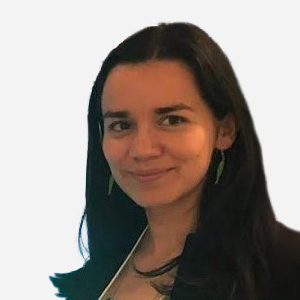
SANDRA LILIANA MORENO MAYORGA

Harsh Govind
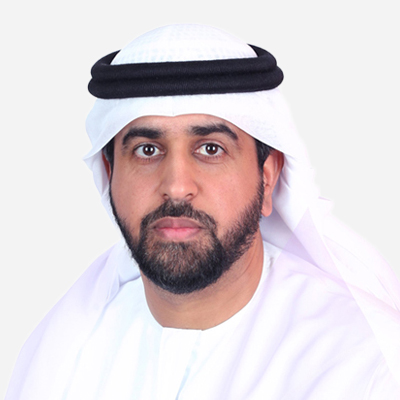
Hamed Khamis AlKaabi

Jani Kylmaaho
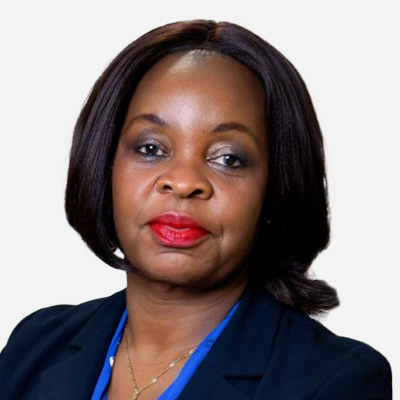
Odete Semiao
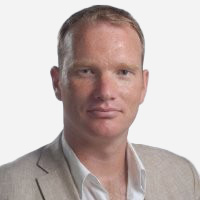
Rink Kruk
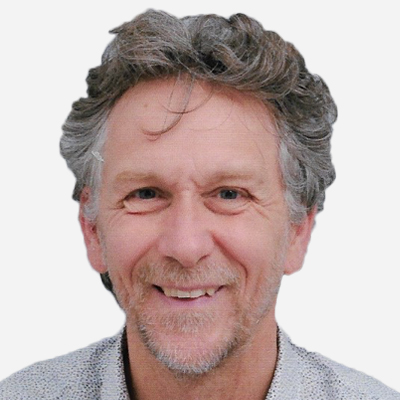
PAUL JANSSEN

Dr Alex Kent

Andre Nonguierma
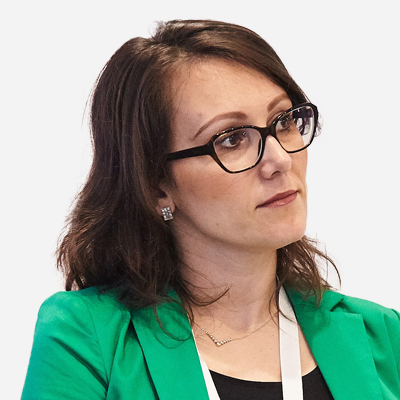
Ewa Surma

Phil Cooper

Benilde Oudiane
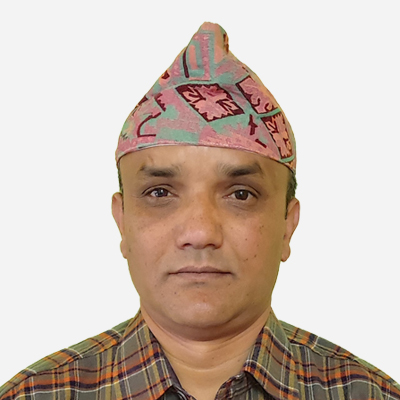
Dayanand Joshi
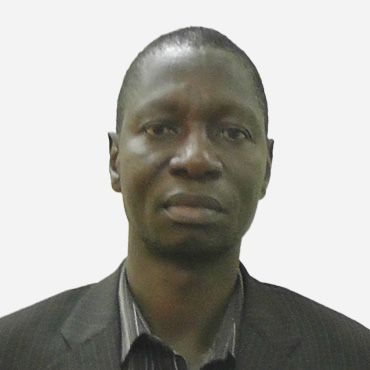
Dr BAKO Ferdinand

Galaktion Hahubia

Javier Carranza Tresoldi

Antti Jakobsson
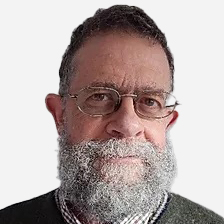
Bruce McCormack
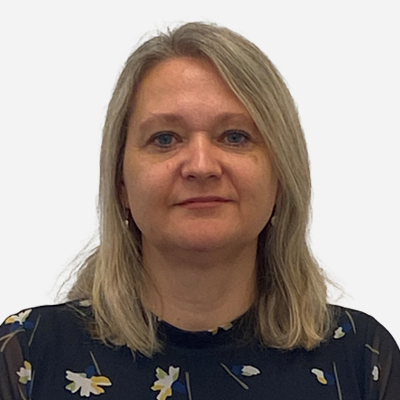
Sanja Zekusic

Javier Carranza Tresoldi

Britta Ricker

Hala Bayoumi

Jonas Bacelis

Rossano Figueiredo

Heather Porter
Theme: Collaboration to Map the Future
Authoritative geospatial data from National Mapping Authorities - be it topographic or cadastre or space has increasingly become the basis on which governments, organizations and businesses base their decisions. National mapping agencies are not just map producers, but are engines for development of economy, through the geospatial/ map content and geospatial services they provide. Role and relevance of Geospatial information has permeated into all spheres of modern living partly due to the advancements in data capture methods, faster and automated data processing, sophisticated integration tools and platforms, combined with user awareness and uptake of technology and further amplified by the evolving perspective, vision and approach of the national mapping agencies.
With the democratization and commodification of geospatial technology and information, and the availability of agile geospatial information from alternative sources like private corporations and crowd-sourcing platforms, pressure is mounting on NMAs to evolve and develop strategies collaborate with other stakeholders of the geospatial ecosystem, to remain competitive and to provide enriched geospatial data for diverse use cases. The program will discuss the evolving geospatial stakeholder ecosystem, technology trends, changing roles, and need for increased collaboration for better knowledge services.
Objective of the program
- To share insights on actions taken to support their government’s strategic policies and projects
- To discuss best practices in technology, policies, standards, business models etc.
- To facilitate collaboration on data acquisition, processing, applications and the use of new and emerging technology
- To initiate conversation on the need for evolution and transformation of organisations to deliver fit-for-purpose data and knowledge for mission-critical government and business functions
Topics to be covered


TARGET AUDIENCE
- National Topographic Mapping agencies
- Earth Observation agencies
- Hydrographic agencies
- Geological agencies
- Spatial Data Infrastructure agencies
- Land and Cadastre agencies
- Technology Providers


